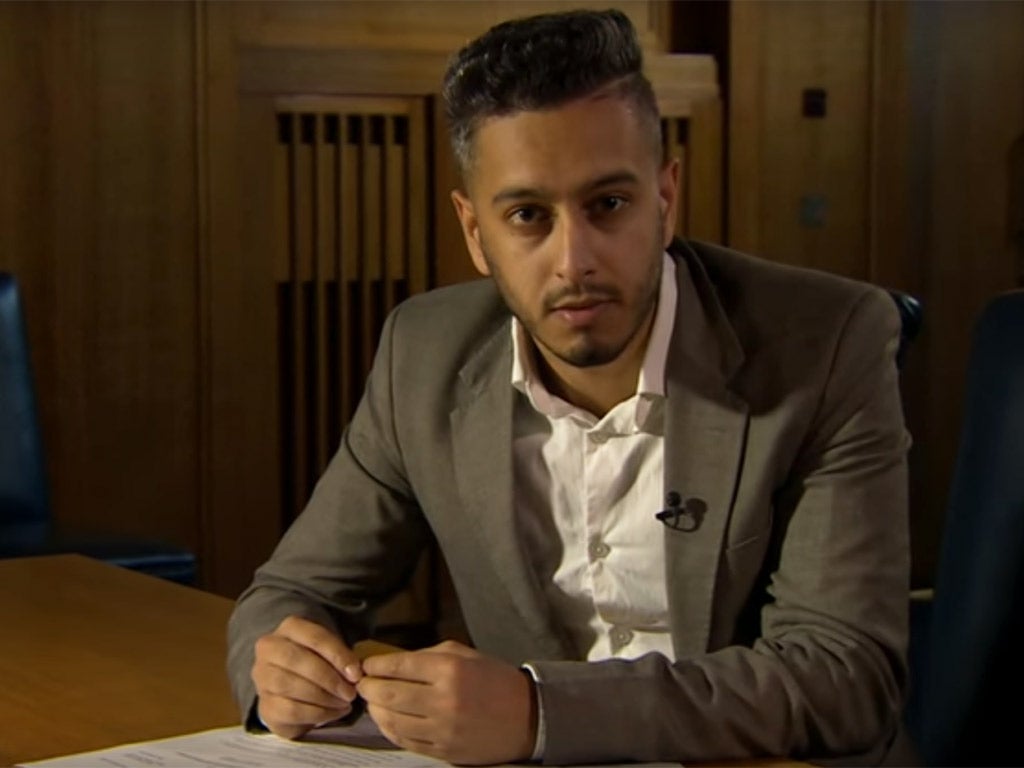Journalists must be free to investigate terrorism without facing charges
A journalist has had his laptop confiscated by police seeking information on the British-born jihadis he has contacted

Your support helps us to tell the story
From reproductive rights to climate change to Big Tech, The Independent is on the ground when the story is developing. Whether it's investigating the financials of Elon Musk's pro-Trump PAC or producing our latest documentary, 'The A Word', which shines a light on the American women fighting for reproductive rights, we know how important it is to parse out the facts from the messaging.
At such a critical moment in US history, we need reporters on the ground. Your donation allows us to keep sending journalists to speak to both sides of the story.
The Independent is trusted by Americans across the entire political spectrum. And unlike many other quality news outlets, we choose not to lock Americans out of our reporting and analysis with paywalls. We believe quality journalism should be available to everyone, paid for by those who can afford it.
Your support makes all the difference.It is tempting, but in the end rather glib, to say that the state should do “everything in its power” to track down terrorism suspects. Of course we expect and demand – and, indeed, largely believe – that the intelligence agencies work night and day to keep us safe. But it is within the state’s power to snoop on every citizen’s online life, and it is also within the state’s power, we are today reminded, to force a journalist to reveal details about a confidential source that may later see that person imprisoned.
One of the reasons so little has been heard from British citizens returning from Syria is that news organisations have not been able to offer these people complete assurance that their identity will remain a secret. Under the Terrorism Act 2000, police can breach the privilege between a journalist and their source. Not only that, those journalists who do not pass on information on the committing of a terrorist offence (which, under current law, includes going to Syria to fight against President Bashar al-Assad) face a criminal charge.
The Independent has revealed that the Newsnight journalist Secunder Kermani has had his laptop confiscated by police seeking access to information on the British-born jihadis he has been in contact with. Such pressure constitutes an affront to journalism’s foundational principles, and to the public interest itself. The debate over how to respond to the threat of Isis, as well as manage returnees, will not be aided by such heavy-handedness, and public policy will be the worse for it. Mr Kermani has a right to report without a threat to him or his sources. And we have a right to know.
Join our commenting forum
Join thought-provoking conversations, follow other Independent readers and see their replies
Comments